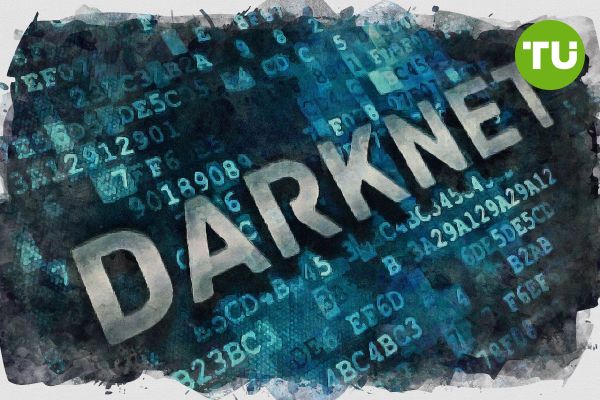Return to the darknet: Why BTC is replacing privacy coins
 The darknet opts for BTC again
The darknet opts for BTC again
Bitcoin has once again become the primary cryptocurrency used in the darknet for transactions. This shift occurred after several major exchanges delisted privacy-focused cryptocurrencies such as Monero. What will this lead to?
The Silk Road legacy
Bitcoin was first used for darknet purchases over 10 years ago on the now-defunct Silk Road platform. Launched in 2011 by Ross Ulbricht and infamous for selling illegal goods, particularly drugs, the Silk Road marketplace used BTC. At the time, it was a progressive and unusual form of payment.
Back then, many users believed that Bitcoin transactions were anonymous, which led them to actively use the cryptocurrency for buying and selling goods on the darknet. However, this belief in anonymity turned out to be a misconception.
Loading...
In reality, Bitcoin is pseudonymous (not fully anonymous), meaning that its coins can be traced through the blockchain—a public ledger that records all transactions. Bitcoin does not reveal users' identities, but it provides key details about transactions, including addresses, amounts, and timestamps.
This is why, in the end, law enforcement was able to trace Ulbricht and the operations associated with Silk Road. The site was shut down, and Ulbricht was arrested in 2013. Later, he was sentenced to life in prison on various charges, including money laundering, conspiracy to hack, and conspiracy to distribute drugs.
In 2025, U.S. President Donald Trump signed a pardon for Ross Ulbricht, which only happened due to efforts by the Bitcoin community.
Loading...
After this incident, many people stopped using Bitcoin for transactions on the darknet, opting for coins like Monero (XMR), Dash (DASH), and Zcash (ZEC), which guaranteed privacy, security, and other important features for those wishing to remain anonymous online.
What changed?
Now, darknet markets are returning to Bitcoin as the primary cryptocurrency for payments. This shift occurred because privacy coins were removed from several major exchanges. From 2021 to 2024, giants like Bittrex, Binance, and Kraken delisted XMR, citing issues with compliance and regulatory requirements.
"When a coin or token no longer meets these standards, or when changes occur in the industry, we carefully review the situation and may delist it," Binance's press office stated in February 2024, when the decision was made to delist Monero. Furthermore, Binance also suspended deposits and withdrawals for Dash at the beginning of the year.
"After the largest exchanges delisted XMR, we saw a significant influx of Bitcoin into the darknet," said Eric Jardine, a leading cybercrime researcher at Chainalysis, in an interview with Coindesk, adding that the main reason users returned to Bitcoin was precisely the restriction on access to privacy coins.
Loading...
Blockchain data from BitInfoCharts confirms this: in 2025, the daily number of XMR transactions halved compared to the previous year. Due to the lack of access to Dash (DASH) and Zcash (ZEC), people began returning to Bitcoin.
This is also noticeable in law enforcement activities. One of the latest darknet busts involved the shadow marketplace Nemesis, where, according to the U.S. Department of the Treasury’s Office of Foreign Assets Control (OFAC), fentanyl was being sold. As a result of the raid, OFAC imposed sanctions on several cryptocurrency wallets linked to its operator, Behrouz Parsarad.
However, this does not mean that Bitcoin and other cryptocurrencies are used exclusively for illegal operations. According to Jardine, such transactions account for only a small portion of total cryptocurrency activity.
"Typically, illegal transactions make up no more than 1% of overall cryptocurrency activity. While these issues need to be addressed, it is wrong and counterproductive to have a negative view of cryptocurrencies as a whole," he stated.
The future of this space
The future of this space depends on regulatory changes. Although Bitcoin is a legal method of payment for many, its use in the darknet could hinder its potential to become a widespread method of payment.
Nevertheless, Bitcoin's return to the darknet reflects not so much a growth in its appeal among lawbreakers, but rather the limitations users face due to the disappearance of private alternatives. This trend highlights how crucial it is to maintain a balance between privacy, accessibility, and regulation in the cryptocurrency infrastructure. As regulators tighten control, users—both legal and illegal—will continue to seek compromises between freedom and risks.













































































































































